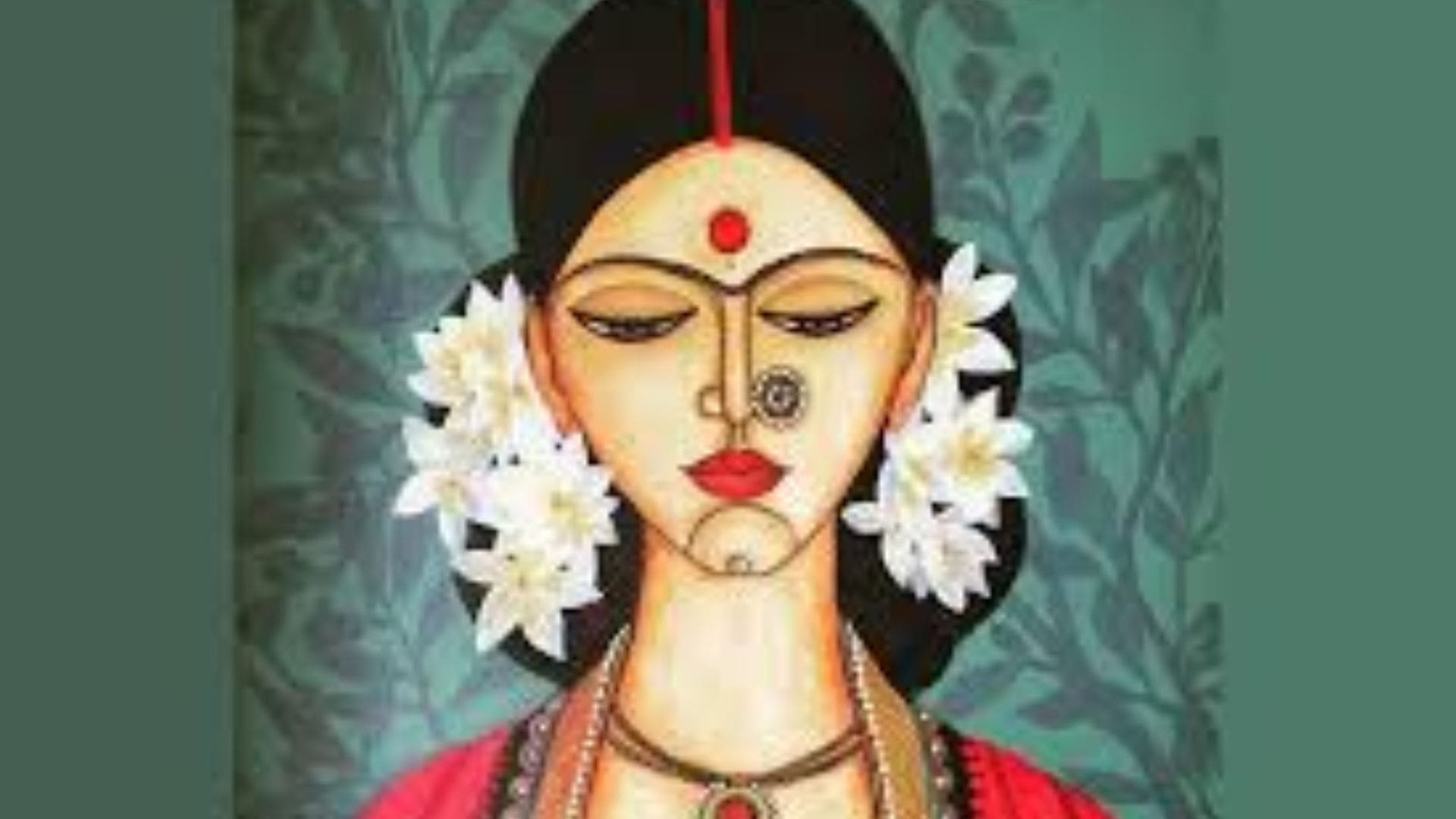
Dushala's Plea: A Tale of Loss and Redemption After Kurukshetra
Dushala, Duryodhan’s sister was widowed in the battle at Kurukshetra. Her husband Jayadrath, king of Sindhu was slain by Arjun on the battle field. He was responsible for the death of his son Abhimanyu.
After the battle, the Pandavs again performed the Ashvamedha yajna. Arjun was assigned the task of following the sacrificial horse. The kings who resisted were defeated and in all probability not killed at Yudhisthira’s insistence.
There was a raging battle with the Saindhavas. They had not forgotten the death of their king Jayadrath.
The Saindhava soldiers started running away and the ones left were being killed. Dushala approached her cousin and pleaded mercy. Her son Suratha had died afflicted with grief at his father’s death and intimidated by Arjun’s arrival. She came accompanied by her grandson.
Arjun comforted her. Dushala restrained the soldiers and accepted subjugation. Suratha’s son sought protection of his maternal uncle Arjun.
Similar Stories
discover the mystical story of the Mahabharata’s cosmic dimensions. With 60 lakh shlokas spread across Devaloka, Pitru Loka, Asura Loka, and Earth, learn how this epic was narrated to gods, ancestors, asuras, and humans, revealing its vast spiritual and cultural significance.
The Mahabharata is a treasure trove of moral dilemmas and life lessons. This article delves into the actions of Bheeshma, Karna, Yudhishthira, and Arjuna, analyzing their choices through the lens of dharma and sacrifice. It questions whether steadfast adherence to vows, loyalty, or truth truly serve righteousness, and highlights Arjuna's unique ability to sacrifice pride and emotional attachments for the greater good. A thought-provoking reflection on the gray areas of human morality and lea ...
Discover the fascinating story behind the transcription of the Mahabharata! Learn how Ved Vyasa composed the epic while Lord Ganesha served as the scribe, under unique conditions that tested their intellect and wisdom. A timeless tale of creativity and collaboration from Indian mythology.
Astrology, Mantras, Events, Stories & More.
